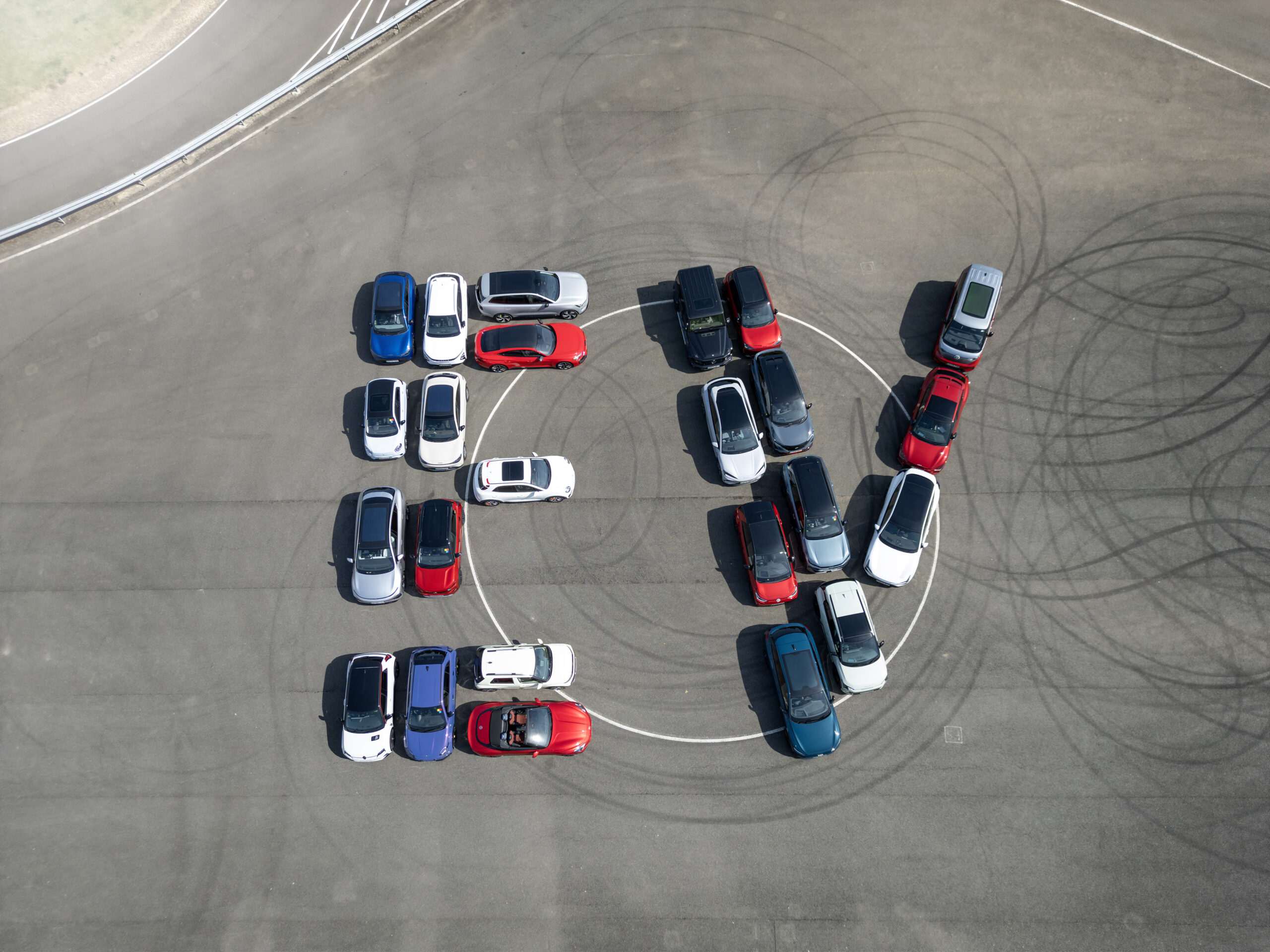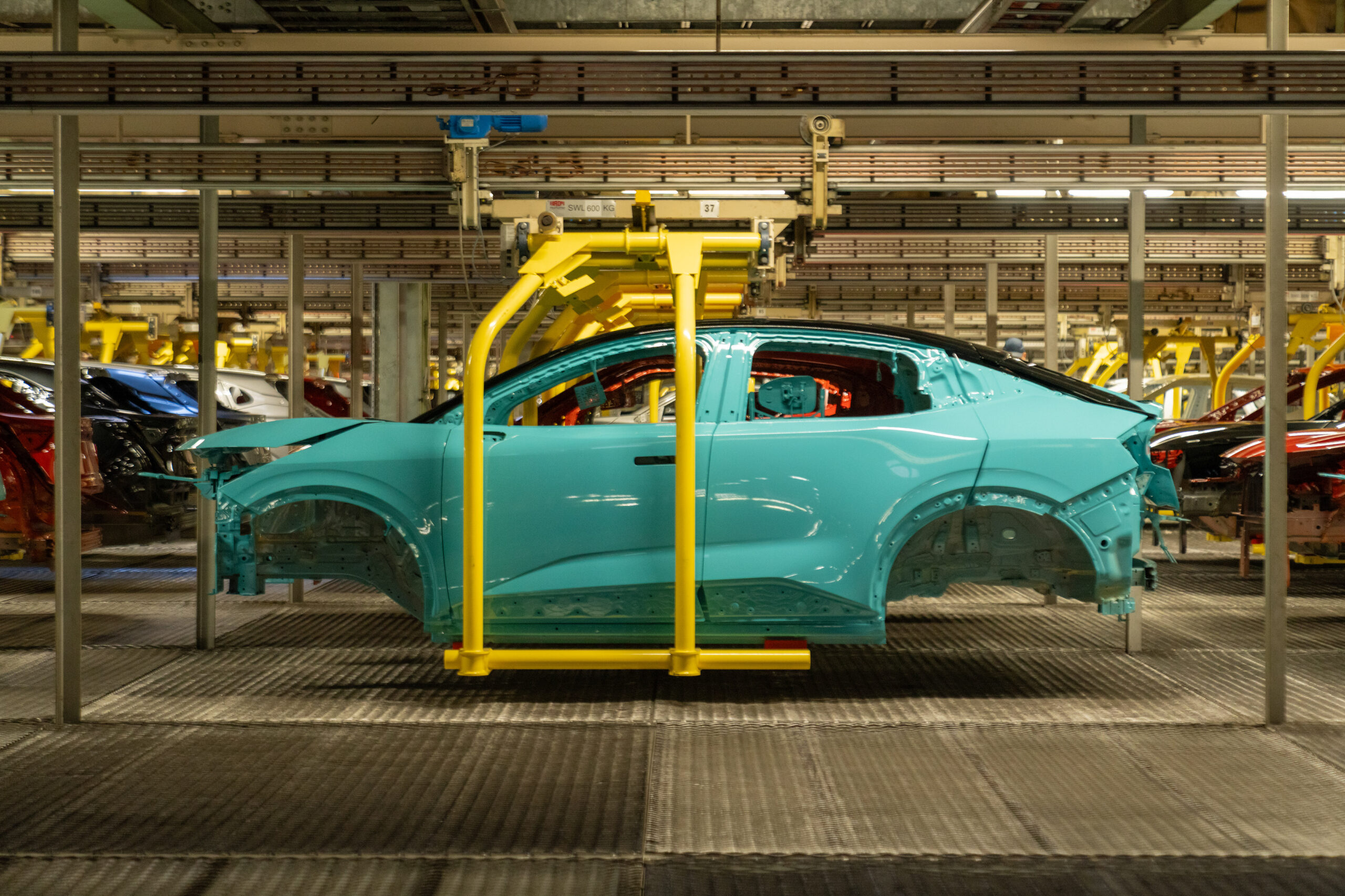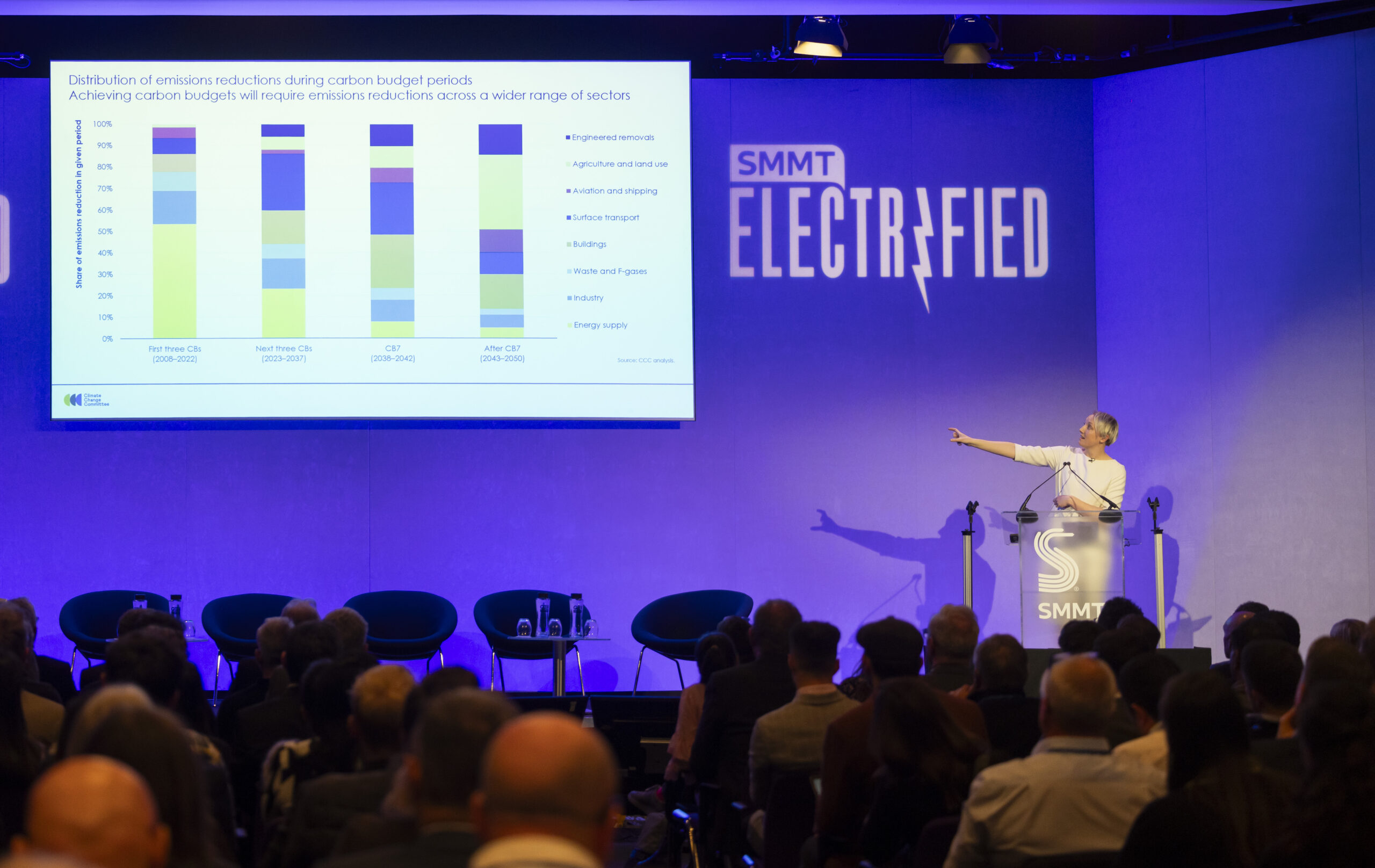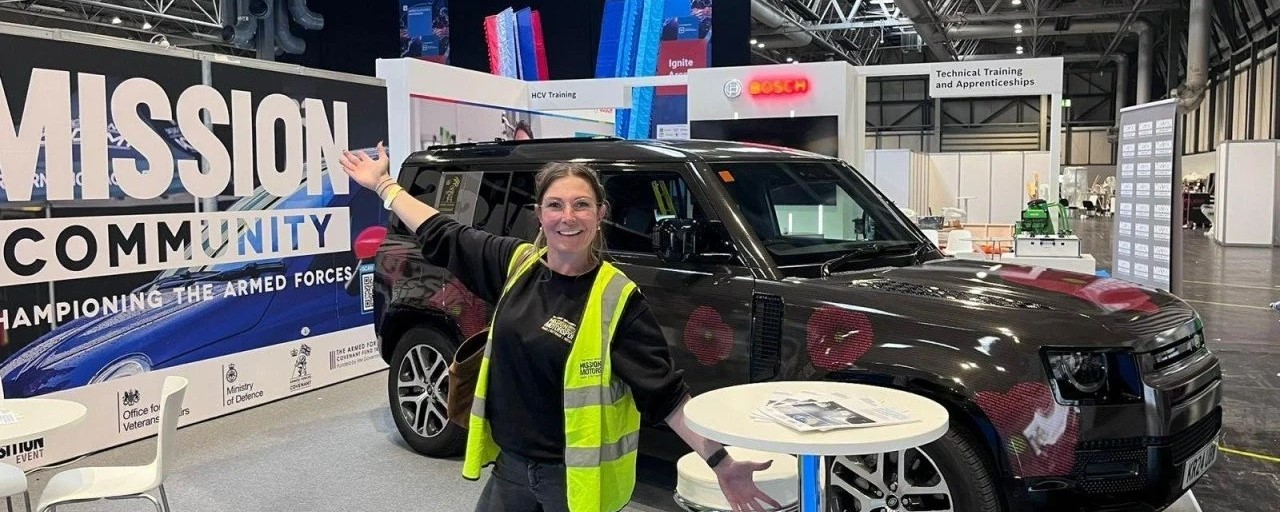

The end of Summer typically brings a quieter period for the UK’s new car and LCV markets as buyers anticipate the September plate change. Given the tough economic and consumer environment that has impacted markets this year, August’s slight -2.0% decline in new car registrations – and a -13.3% fall in new LCV demand – may not be surprising. As we look ahead to an all-important Autumn, however, a return to growth is essential.
There were reasons to be positive in August. Growth in EV registrations of 14.9% for cars and 13% for vans bolstering year-to-date EV shares to a record 26.5% and 10.9% respectively, albeit still dominated by fleet rather than private consumer purchases. There is still substantial ground to make up to reach the mandated targets so September, which is typically the second busiest month of the year, will be pivotal.
Manufacturers have put immense investment and innovation into the transition, with more than 140 car models and more than 40 van models available in the UK as zero emission – while at the same time offering unprecedented and unsustainable discounts to accelerate demand.
For the new car market, therefore, the Electric Car Grant is welcome, providing consumers with government support for the first time in three years. Around a quarter of BEV models are now eligible for the grant, which has the potential to increase demand over the coming months. More affordable public charging, with VAT equalised with home charging, would also help send a signal that now, not 2026 or later, is the time to switch.
For the new LCV market, meanwhile, the extension of the Plug-in Van Grant and recent depot infrastructure support are steps in the right direction. However, with EV uptake not much greater than half the 16% share mandated for 2025, further action is necessary. Operators that are reliant on public and on-street infrastructure, in particular, need a ramp up in van-suitable public chargepoint rollout given their greater size and power requirements. Depots, meanwhile, require the same planning priority for grid connections as that afforded to data centres, solar and wind farms, given fleet decarbonisation is paramount for delivering net zero. Having to wait up to 15 years for an upgrade is just not an option for depots.
Britain’s road decarbonisation ambitions are hugely ambitious and industry has invested substantially to make it happen. This week’s CENEX Expo was timely, therefore, as a location for innovators to exhibit some of their latest tech. The event also featured the latest developments in connected and automated mobility, an area in which the UK is also investing with self-driving vehicles set to be trialled on our roads from 2026. By investing in these technologies of the future, the UK can reap the benefits with new jobs, growth and improvements in air quality and road safety.
SMMT Update
Sign up to the SMMT Update Newsletter for weekly automotive news and data
"*" indicates required fields


